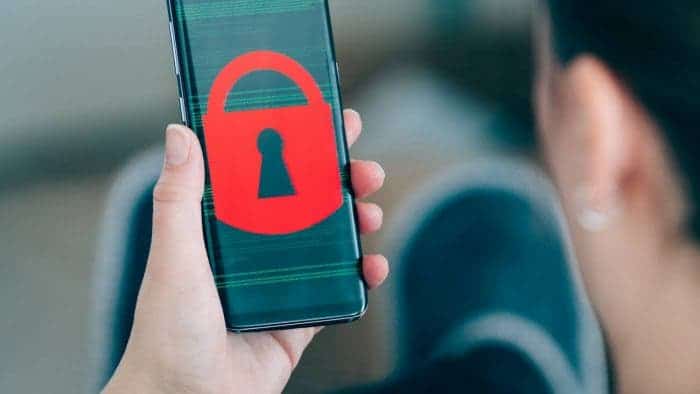For years, network carriers have been selling carrier-locked devices under special conditions. However, the user could never unlock the phone and use it in another carrier. The United Kingdom recently announced a major change in these policies. Starting by the end of 2021, the sale of carrier-locked phones is banned. Now, a new report indicated that the United States will soon follow this change. However, it may not be so easy, after so many years under these policies.
In the United Kingdom, the order banning the sale of carrier-locked phones comes straight from The Office of Communications a.k.a Ofcom. In the United States, FCC stands as an equivalent to Ofcom, however, there is no ban on its agenda. According to a recently published article from Wired, it can still happen.
According to the report, an enforced ban from the current administration of the FCC, led by Ajit Pai, is unlikely to happen. After all, the regulatory body seems to be friendly toward private companies and broadband providers. However, Kerry Maeve Sheehan who is the repair policy lead at iFixit, believes it may be easier under the future Biden’s administration. Of course, there is no guarantee that it will happen, but the hope is bigger now.
The second way of banning carrier-locked phones in the US
The second possible way involves the US Library of Congress and Copyright Office rulemaking proceeding which accepts public comment. The proceeding which is done every three years provides an opportunity for amendments of Section 1201 of the Digital Millenium Copyright Act. It allows companies to use software to implement locks on their products. It is originally designed to provide protection for publishers of books and games or other content that can be copied. However, operators are currently using it to defend the locks they put on smartphones.

The second route seems to be the best way to make carrier-unlocked phones a reality in the United States. As anything coming from Biden’s administration is still based on assumptions. However, it requires citizens to send their comments to have the section amended. If a strong case can be established thanks to large demand, then the policy can be changed. Apparently, a proceeding is underway and the first batch of comments has to be sent in by December 14. Of course, this won’t be an instantaneous change and the whole process will take several months, reaching Spring 2021. It will also require money to cover legal fees, but this is just another barrier that can be crossed.
This can be one of the biggest changes achieved by customers in the US smartphone market.





